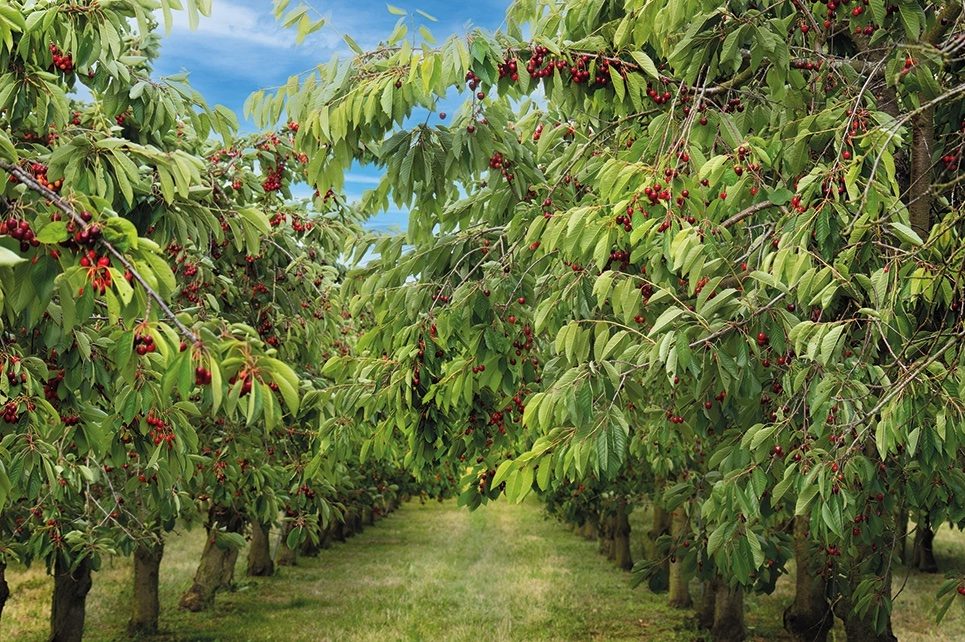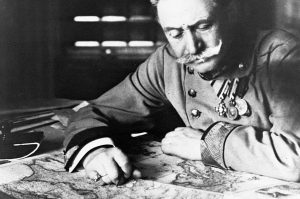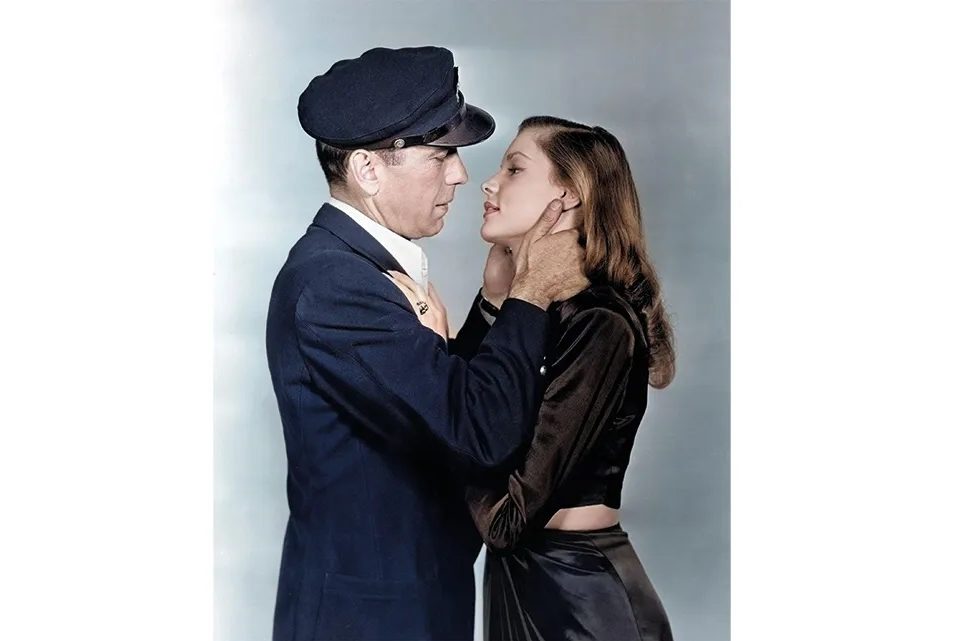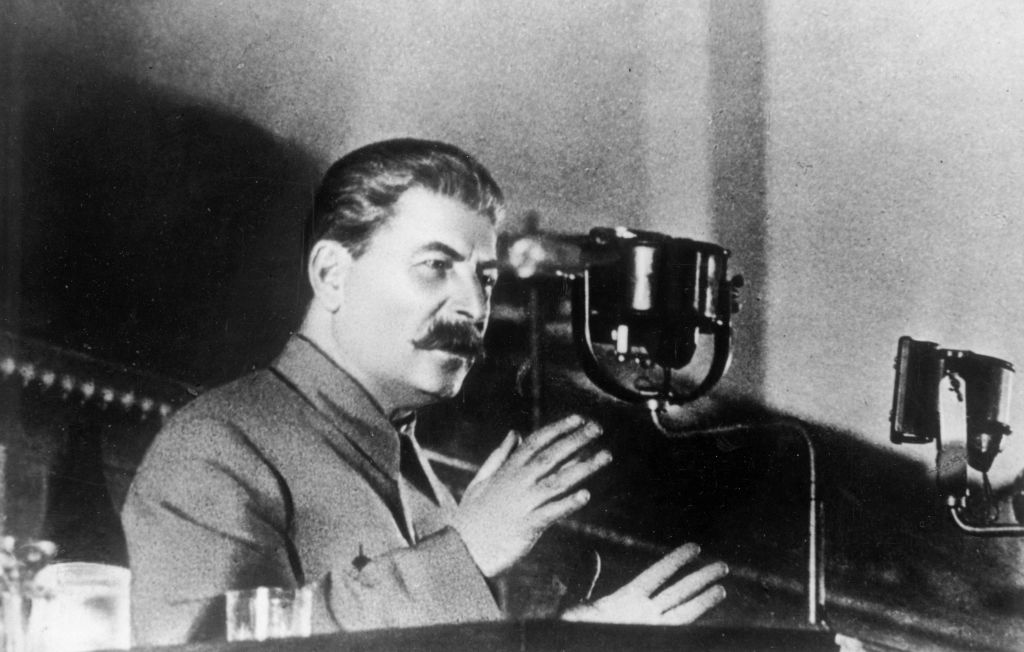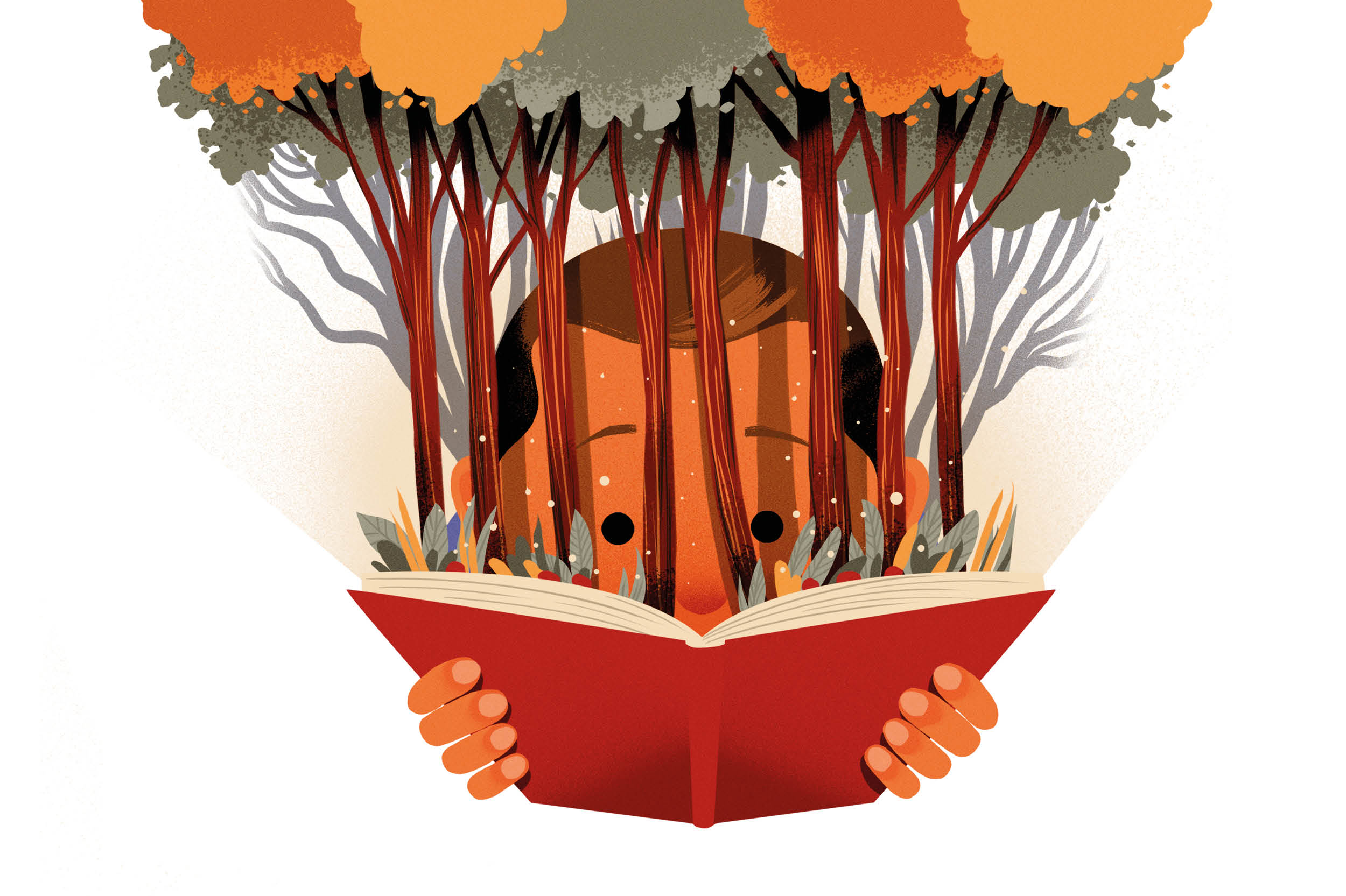Two plays guide the reader through Tom Lake, Ann Patchett’s ninth novel: Thornton Wilder’s Our Town, the story of ordinary lives in a small New Hampshire community in the early years of the twentieth century, which, with its radically stripped-back staging, sets time and place in the context of all time and place, and enjoins its audience to ponder what is truly valuable in human life; and Anton Chekhov’s The Cherry Orchard, the story of the battle for an estate that throbs with conflict, violence and, ultimately, destruction. Patchett’s mind is on the twin forces of preservation and entropy: our desperate attempts to cling to the local and the familiar as the wider world threatens and besieges us; our need to both depart and return, to embrace and exclude.
Our Town, which premiered in 1938, its themes foreshadowing the immense losses about to engulf multiple societies, initially struggled to establish itself as the classic it would become. The Cherry Orchard was met in similarly equivocal fashion, with Chekhov dispirited by its first production in 1904, in which the director, Konstantin Stanislavski, dialed up the play’s mournful seriousness and intimations of societal and ideological turbulence, and all but dispensed with the farcical elements. Tom Lake, set during the pre-vaccination pandemic but recalling a summer production of Our Town in 1988, is preoccupied throughout with its characters’ troubles in discerning whether they are living through a tragedy or a comedy, and of their part in proceedings whichever is the case.
Its contemporary story takes place in an actual cherry orchard, in Michigan, belonging to a former actress, Lara Kenison, (she has dropped the “u” in her given name after reading Doctor Zhivago and in pursuit of something a little more exotic) and her husband Joe, who are joined for the duration of lockdown by their daughters, Emily, Maisie and Nell, all in their twenties. Deprived of their seasonal staff by the pandemic, the family is galvanized by a race against time to pick the season’s cherries before they rot on the trees. A longer-term threat slowly makes itself felt, as Emily — the natural farmer among the three sisters, and about to marry the scion of another cherry-growing family — declares her intention to remain childless as a response to the climate emergency. Who will inherit the farm decades down the line and, with the cherry trees shocked into premature blooming by mild winters, will there even be a farm to inherit?
With a killer virus on the loose and global warming on the near horizon, it is far more cheering to listen to old stories. The second storyline takes the form of Lara’s retelling, at her daughters’ insistent behest, of her summer-long relationship with a young actor called Peter Duke, whose star waxed as hers waned, earning him worldwide fame, an Oscar and — just a couple of weeks before the novel opens — premature death over the side of a yacht in Capri.
Between bouts of furious harvesting, Lara recounts her early life as a Hollywood starlet, her arrival at the bucolic theatrical community of Tom Lake and her thunderclap romance — all tangled sheets and Burton and Taylor smoking and drinking — with the clearly troubled Peter. He was, she tells her daughters, crazy — “and by craziness I do not mean talent of eccentricity but something deeply nuts.” They immediately chide her for her language; rather, they insist, she must say that he had things to overcome in his life, or that she should pay due attention to the form mental health issues took: “But you really shouldn’t talk about another person’s diagnosis,” Maisie says. “Unless he wanted you to.”
Needless to say, Lara goes in for a degree of narrative cherry-picking. Her daughters won’t want to hear about the sex, she reasons, and nor, in any explicit sense, does Patchett imagine her readers craving such titillation. Peter and Lara’s erotic relationship is subsumed into their passion for acting, which gets ever more fraught as curtain-up approaches. The cast’s mishaps — a snapped Achilles; tendonitis; a senior actor too freely relying on his gin stashes — threaten not only the opening night of Our Town but the season’s other productions, of Cabaret and Sam Shepard’s Fool for Love.
Patchett’s talent for comedy makes itself felt in these scenes; but there is a terrible sense, too, of discovering one’s personal limitations. Lara’s acting gifts, it transpires, are confined to her extraordinary ability to inhabit the character of Emily, the tragic heroine at the heart of Our Town. When she is called on to play the hard-drinking May in Shepard’s doomed lovers’ tale, she founders horribly. Peter’s insistence, in another nod to Stanislavski, that she method-acts her way out of her dilemma by joining him in draining a bottle of tequila, is not helpful. (Neither, in the long run, is it helpful to him. He’s well on the road to a grim rehab center.)
Lara has named her eldest daughter for Emily, the part that defined her early attempts to create a life, and present-day Emily is one of Tom Lake’s finest, most subtle creations. As a child, Emily had been obsessed with Peter Duke, convinced he was her real father; and she is still a walking encyclopedia of his life and work, which sits weirdly with her more wholesome, responsible persona as guardian of the cherries. It is here that Patchett’s ability to capture family dynamics — perhaps seen to best effect in her generational novel, Commonwealth — particularly impresses. Her portrait of an eldest child, filled with doubt and difference, loved and loving but nonetheless crucially separate, is delicate and powerfully poignant.
So, too, is her ability to give life to marginal figures: the once-famed actor and company drunk, Uncle Wallace; Lara’s understudy, Pallas, who is black, and recognizes that this will limit the roles she will be offered despite her immense talent; Peter’s limitlessly patient guardian-brother Sebastian, a tennis player who once faced the seventeen-year-old John McEnroe and now tutors the rich patrons of a country club. There is a notable twist as the story unfolds (and even then it is more of a jigsaw piece slotting in than a genuine jaw-drop) that revolves around us not realizing the identity of a major player — as, Patchett seems to say, is so often the case in life.
This article was originally published in The Spectator’s UK magazine. Subscribe to the World edition here.



